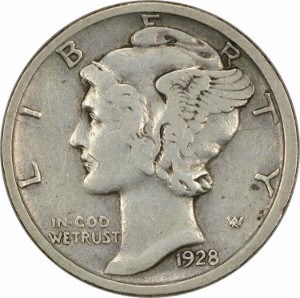
Kiss me with your dry and cracked lips; your mouth full of crooked and broken teeth; your breath the sweetness of sour milk and once again, call me your good boy. No one else ever called me that. No one else ever would call me that again. But you found your goodness what was missing in all things, even me.
Sit me down one more time at your old and rickety kitchen table. It seems this piece of furniture discarded from someone else’s life is the centerpiece of my life with you. That and your asparagus patch over on the neighbor’s property.
Offer me coffee and apologize for your poverty once again, as if your poverty was a choice, you regret making a long time ago. Apologize you only have canned milk and not much of that.
It’s cold in your kitchen unless it’s summer and then it’s sweltering. I comment I should go steal something and get you some money to fill up your propane tank. Without turning or even raising your head you reply, “I’m cold, I’m always cold in the winter, but I ain’t no thief…” and she walked over to the counter next to the sink and rinsed out a dirty coffee cup for me.
Her’s was a profound poverty, more than generational, or a relic of the Great Depression; it was personal, it demanded ownership. It was as if she poked a stake in the ground and on it, she raised the flag of her poverty for all to see.
She held an honor in her poverty, a strange pride I could never connect to. Like her ability to see the value in anything. I’d not bend down to pick up a dime. A penny she found on the ground was to her a fortune of good luck and cause for a celebration of gratitude.
Everything she owned was old and worn and threadbare. Her dresses were clean, but stained, and she wore an apron, and that too was stained, but clean and she was happy in the work that left the stain.
Pride and reverence and an abiding gratitude for the next to nothing she could call hers—a respect born of fear of everything being taken away—again—that everything must be used and reused and repurposed, and never-ever wasted. Her’s was a world of sin and salvation, and it could be, had to be, the greatest sin was gluttony and waste.
Aluminum foil, folded and creased in a drawer. The madness of watching her unwrap a Christmas gift, working loose each piece of tape. Slowly removing each bow, and gently removing the paper, again, folding it neatly, perhaps to be stashed by the foil.
Her son would buy her cans of food and gently dent them, a crafty move. Presented and challenged with the dented cans—she could not accept them as charity—but she could not let them go to waste. A moral conundrum. She took the cans, and often looked for ‘poor people’ to share them with.
She came from another time. Her daddy was the son of a Civil War soldier. In my sad and broken world of excess, I see now, long too late, the lessons of her time and her earnest depravation
